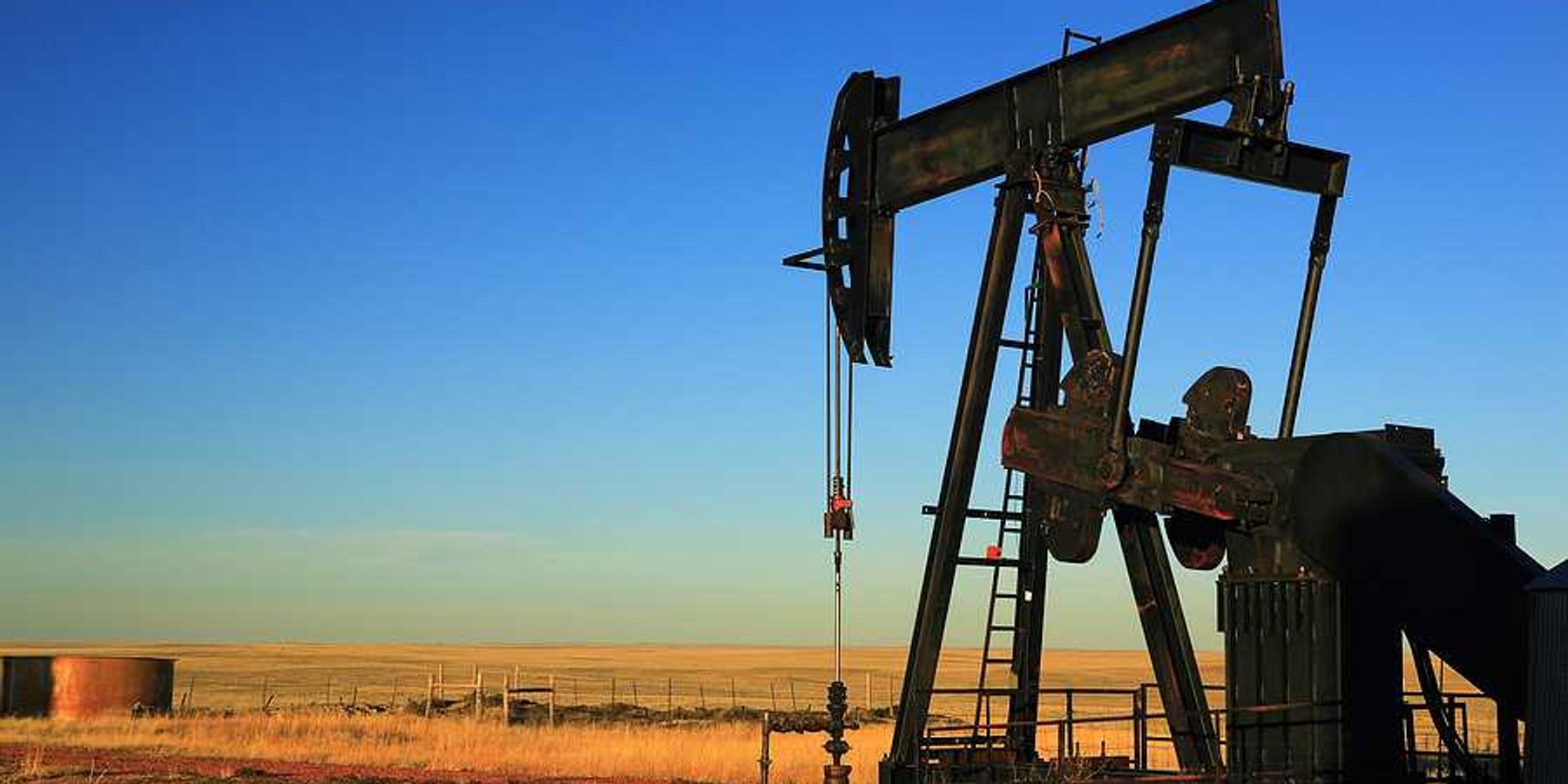Ancient farming in Mexico City’s floating gardens faces modern threats
Mexico City's historic chinampas, floating gardens built by the Aztecs, are losing ground as urban expansion and economic pressures push farmers to abandon these centuries-old practices.
Mariana Martínez Barba and Julián Trejo Bax report for The Associated Press.
In short:
- Once central to Aztec agriculture, the chinampas now compete with soccer fields and tourist attractions as many farmers shift to more profitable land uses.
- Local collectives like Chinampa Refuge, supported by Mexico’s National Autonomous University, are working to preserve the gardens and market their produce with special “Etiqueta Chinampera” tags to boost local sales.
- Officials are considering regulations to protect these World Heritage-listed sites, as fertilizers and chemicals on new sports fields threaten the chinampas' unique ecosystems.
Key quote:
“It’s just as damaging because the amount of chemicals that are used...is very, very large.”
— Luis Zambrano, ecologist
Why this matters:
The chinampas are not only a living connection to Mexico’s agricultural heritage but also support biodiversity and cooler temperatures in a city plagued by pollution and rising heat. Preserving these gardens highlights the challenge of balancing cultural heritage and environmental health amid rapid urbanization.
Related: Mexico City's water crisis deepens amid urban growth and climate change













